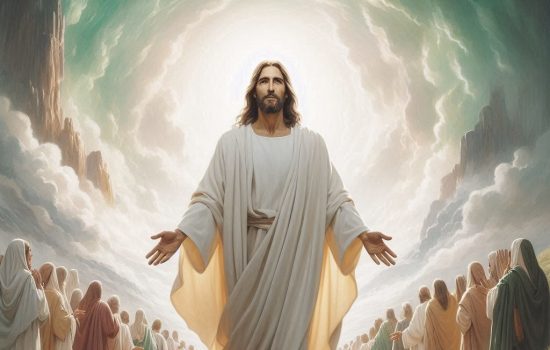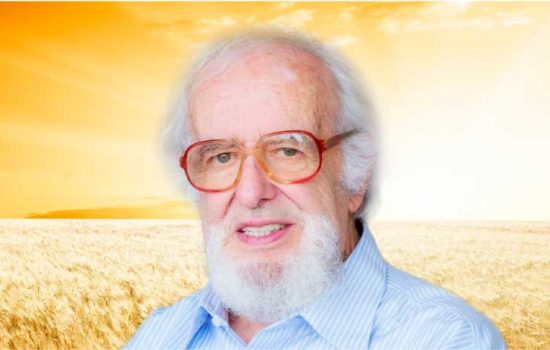Lord, our owner,
how admirable is your name
in all the earth (Ps. 8,1).
Bless, my soul, the Lord,
My God, how big you are! (Ps. 104,1).
This is the cantus firmus, the central melody that seasons, encourages and sustains the cosmic psalms: wonder. Awe hovers ceaselessly above creation as His Presence flutters above and dives below the creatures.
Here is the difference between a geologist and a psalmist. For the geologist, creation is an object of study: he approaches it analytically with suitable instruments. For the psalmist, creation is not an object to be taken for analysis, or even for admiration. Rather, the psalmist is seduced and dazzled by creation.
The psalmist is, then, an eminently paschal being, overturned, rather, carried away by the surrounding splendor; and “studies” (contemplates) creation, not scientifically, but vibrating with it; one would almost say “living it”, with all the characteristics of life: unity, that is, the psalmist is not only “outside” himself, but, above all, poured into the secret current of the world and attuned to its impulses; emotion, that is, a gratifying palpitation; gratitude, a benevolent and grateful feeling for so much beauty that makes a man happy.
What has been said up to here could identify the psalmist with the poet. But there is much more; the psalmist is also, and above all, a mystic. This is its most eminent hallmark. The psalmist, fundamentally, is a being dazzled by God himself, attracted by a God perceived in creation in such a way that the splendor of the world is nothing but the mantle of his majesty, and life, his breath.
Psalm 104 opens and closes with an expression of maximum interiority, the psalmist addressing the word to himself, and speaking in the singular: “Bless the Lord, my soul.”
From the last solitude of his being, from his most remote and sacred latitude, the psalmist rises on wings of admiration, and, after traveling through mountains, oceans, rivers and regions, he returns to the same starting point, to crown the pilgrimage, with the same words: “Bless, my soul, the Lord.”
And, during the tour, he frequently descends to its inner enclosure to celebrate, admired and grateful, the King of creation who, fundamentally, is in his inner silence: “How many are your works, Lord!” And, in the end, the psalmist seems to forget as many radiant beings as have filled his eyes: the creatures have awakened him and evoked their Lord; but, once the Evoked has made himself present, the evocative elements no longer have a reason for being, and they disappear, and only God remains.
Thus, the psalmist is a being captivated by God, by a God who drags behind him the entire creation, and, by the way, also the psalmist. You can already imagine the results: as in an intoxicating whirlwind, nature, man and God dance in unison, breathe the same breath, live the same life. Is it possible to imagine a higher jubilation?
Bergson, referring to this experience, says: «It is not something sensible and rational. It is, implicitly, one and the other. And it is much more than all that; its direction is that of the vital impulse. This experience is of such a nature that there is no way to conceptualize it, let alone verbalize it. For this reason, the psalmist, after an exclamation, tends to close his mouth and remain silent afterwards; a silence, for certain, with the densest palpitation.
Extracted from the book “Psalms for Life” by Father Ignacio Larrañaga









